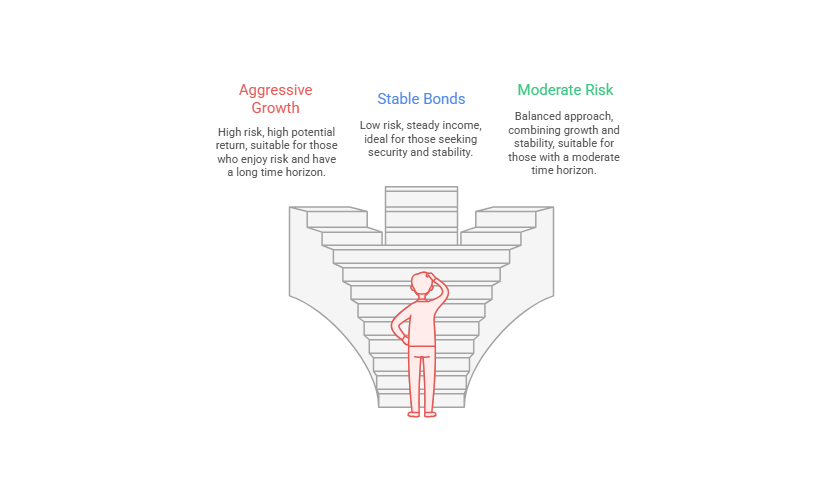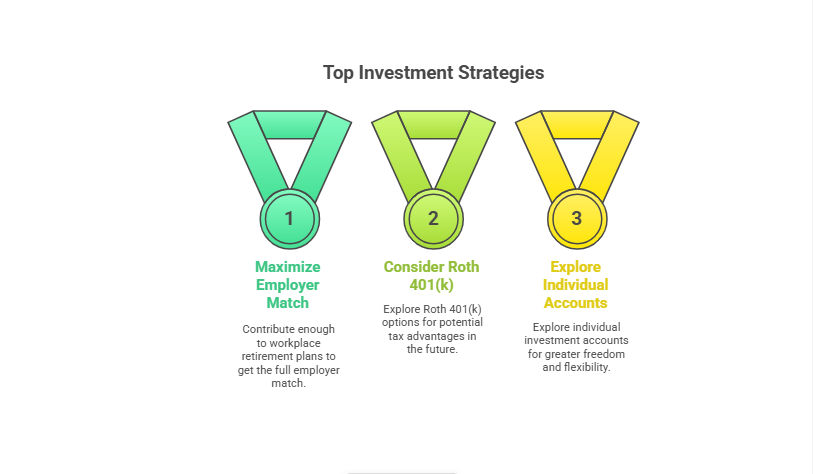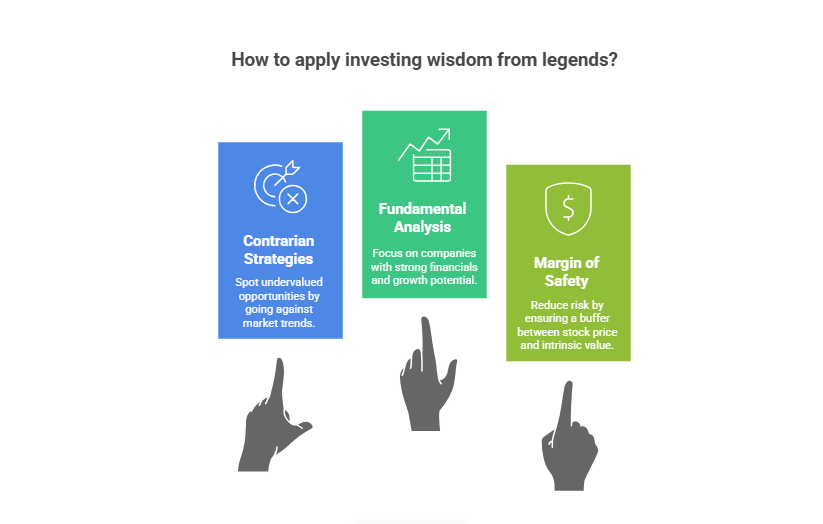
The Best Way to Earn Money Investing: Lessons from My Experience
When I started looking for the best way to earn money investing, I quickly realized there isn’t just one perfect method. Instead, it’s about finding a comfortable balance between risk tolerance, financial goals, and time horizon. Today, I’m sharing several strategies I’ve explored, each offering a unique way to grow wealth and protect what you’ve built over the years.
Assess Your Risk Tolerance

Before diving into any new investment, I always look at my personal willingness and financial ability to handle risk (Merrill Lynch). You might love the thrill of aggressive growth stocks, or you may sleep better owning stable bonds. Either way, understanding how much you can realistically handle helps prevent sleepless nights.
- Consider both willingness and ability to bear losses
- Think about your liquidity needs, time horizon, and overall financial situation
- Match investments to your comfort zone
Use Tax-Advantaged Accounts

An easy way I started investing was through workplace retirement plans, such as a 401(k) (Bankrate). These accounts often come with employer matching, tax benefits, and straightforward paths to consistent contributions.
- Contribute enough to get your employer match
- Look into Roth 401(k) options if you expect higher tax rates later
- Explore an individual investment account if you want more freedom and flexibility
Diversify With Mutual Funds

Mutual funds have given me a built-in diversification buffer. They pool money from multiple investors to buy a basket of stocks or bonds (Bankrate). This reduces the impact one poorly performing stock can have on my entire portfolio.
- Popular mutual funds track indexes like the S&P 500
- Low fees help you keep more of your returns
- Balanced targets might include bonds, equities, or both
Leverage Index ETFs

If you prefer real-time trading and lower entry costs, exchange-traded funds (ETFs) are worth a look. I like them because they’re easy to buy and sell throughout the day, just like individual stocks (Bankrate).
- ETFs have no high minimum investment requirements
- Great to hold in tax-advantaged accounts such as IRAs
- A well-chosen ETF can give you exposure to hundreds of companies
Explore Real Estate Deals

Real estate has intrigued me for its potential passive income and appreciation (Cornerstone Commercial Investments). From residential rentals to multi-family properties, there’s plenty to consider. The ability to collect rental income and see property values grow over time can be rewarding.
- Consider direct ownership or real estate investment trusts (REITs)
- Pay attention to emerging markets if you want high-potential returns
- Look into ways to seek investors for business if you’re considering larger deals
Learn From Investing Legends

I’ve often found nuggets of wisdom reading about Warren Buffett, John Templeton, and Benjamin Graham (Investopedia). Hearing how the “Oracle of Omaha” built Berkshire Hathaway or how Templeton bought stocks at the point of “maximum pessimism” has shaped my thinking when markets get rocky.
- Study famous contrarian strategies to spot undervalued opportunities
- Focus on companies with strong fundamentals, stable balance sheets, and growth potential
- Use a “margin of safety” approach to reduce risk
Monitor And Rebalance Regularly

My portfolio changes as my life changes. Whether I’m looking at new technologies or raising cash for a property, I check my portfolio’s health and rebalance when certain assets either overshoot or dip too far. This might mean shifting money between stocks, bonds, and alternative investments.
- Rebalance to maintain your ideal risk profile
- Use investment education resources for ongoing learning
- Consult professionals for advanced tactics or if you’re curious about how to form an investment fund
Final Thoughts
From steady mutual funds to potentially lucrative real estate, there’s no shortage of ways to grow your nest egg. People frequently ask the following five questions about the best way to earn money investing: “How much do I need to start?,” “How do I manage risk?,” “Are stocks or real estate better?,” “When do I exit an investment?,” and “How important is diversification?” The truth is, it all depends on your personal situation, long-term goals, and comfort with volatility.
No matter your starting point, remember that all investments carry some level of risk (Investor.gov). The trick is finding a strategy that aligns with your financial goals and temperament. I hope these ideas help you decide which path might be right for you. If you’re new to any concept, checking out resources like Vanguard or Merrill Lynch can give you more context and confidence as you move forward. Good luck on your investing journey!
Showcase your recognition by adding our award badge to your website! Simply copy the code below and embed it on your site to highlight your achievement.

Recent Posts
Investment Firms in Los Angeles to Consider
Los Angeles is home to a diverse and dynamic financial...
Investment Firms in New York to Consider
Choosing the right investment firm is crucial for achieving your...





